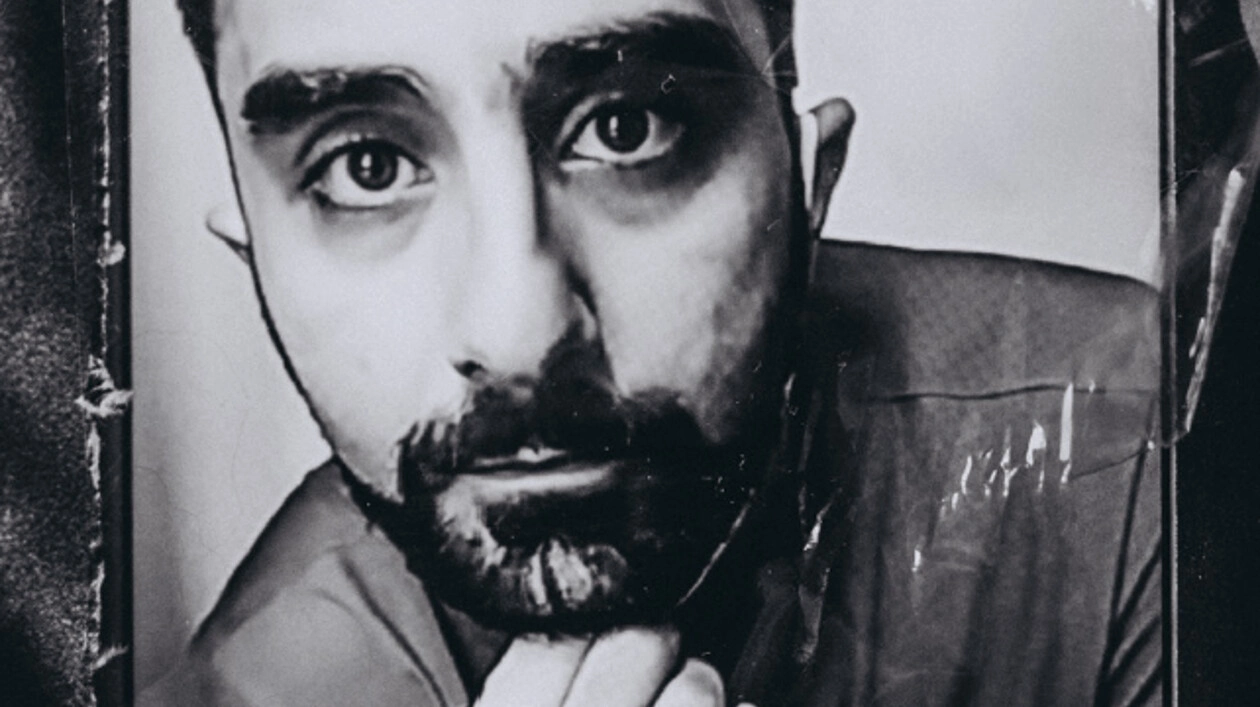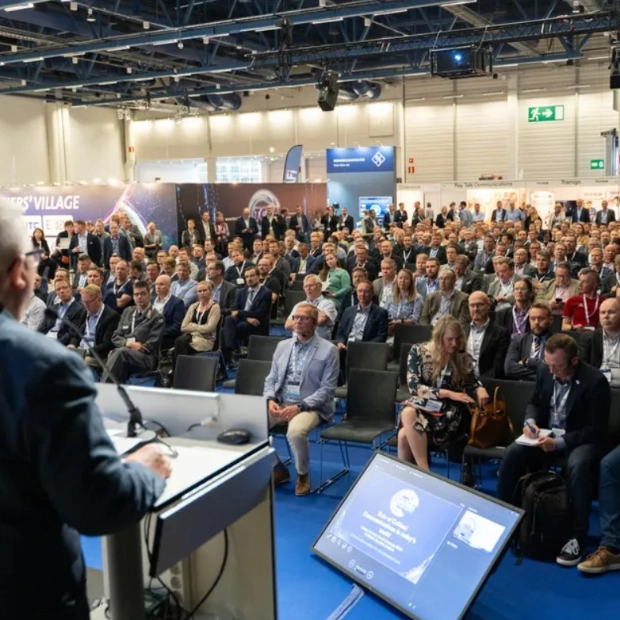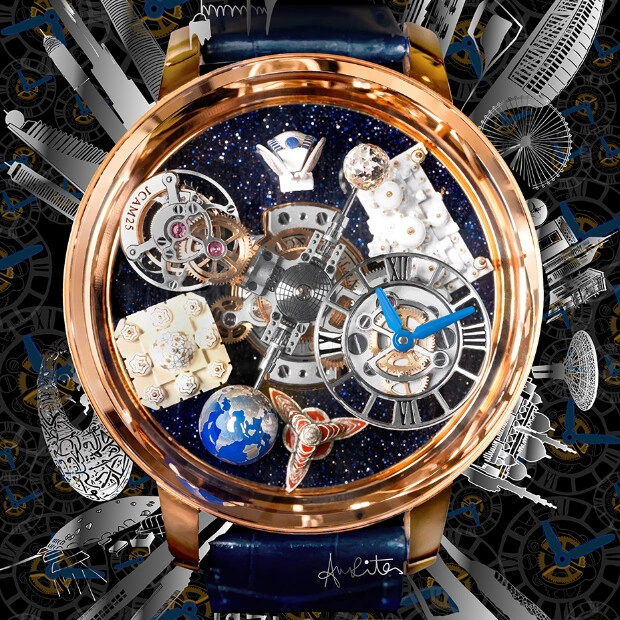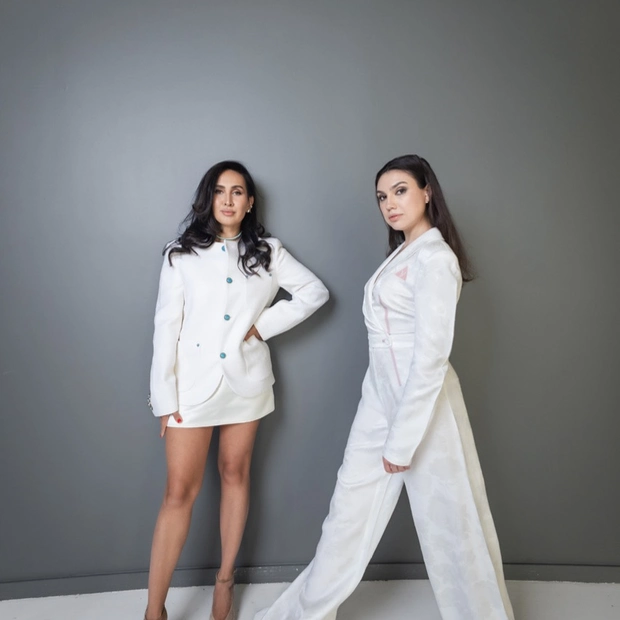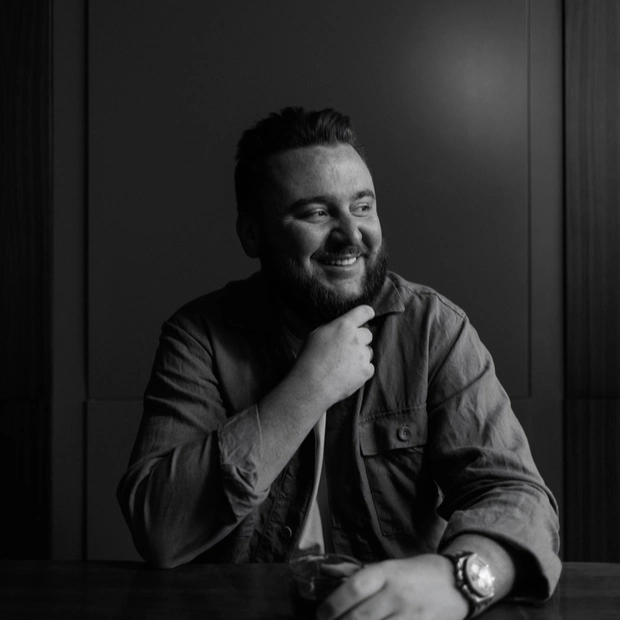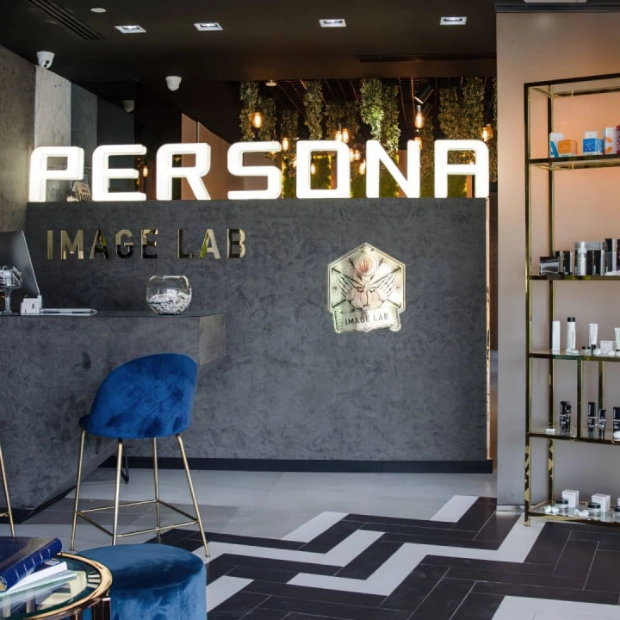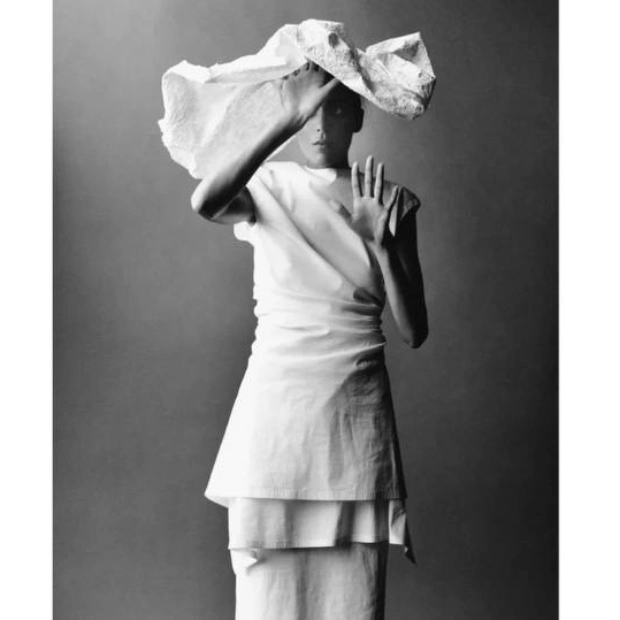It's the job of the politicians or security services to find out whether the virus was created in vitro or not. To the medics, it makes no difference whatsoever. They have many lives to save, and only that matters to them. Anushavan Safaryan, an anesthesiologist & emergency physician at Wigmore Clinic in Yerevan, gives an insight on how Armenia is surviving in this crisis.
About a month and a half ago someone flew to Armenia from Italy to attend a son's wedding. SARS-CoV-2 is notoriously famous for its contagiosity — almost everyone present at the event got infected. Etchmiadzin became an Armenian Wuhan.
As soon as it happened, all industries, businesses, schools, and public transport stopped working. The national economy was put on hold. The state of emergency was necessary to prevent a massive influx of patients and let the medics have a chance to help every single one. To get permission to go out, we submitted statements explaining the timing & purpose of the outing. Only some big supermarkets kept working and only for a specified time period. The government and civil society have been working together — Armenian entrepreneurs and well-to-do individuals gave away gloves & masks bought at their own expense. Now, the lockdown is being eased little by little, we go out without limitations, and all shops are working.
We trust the government like never before. Suffice it to say, the authorities have purchased enough ALV machines to give everybody a chance to survive. The Armenian medics have everything they need, and it's not my wishful thinking for patriotic reasons. The government has been working very well to supply all patients with all medications they need for recovery. For instance, Meropenem, a very expensive antibiotic prescribed in many cases — so in great demand — is distributed for free. The government is also paying for all diagnostic, testing, and therapeutic procedures as well as providing all patients, medics, and those in lockdown with excellent meals. Besides that, many restaurants donate fruits and delicious shish kebabs to us and our patients.
As far as I know, the COVID-19's mechanism, action, and pathogenesis have already been discovered. Still, it must be kept in mind this disease is unprecedented, and our experience of treating it is insufficient — an extra difficulty. We're still researching this pathology while the government is assisting us greatly by detailed up-to-milligram step-by-step written instructions on drug administration in different cases. 24‑hour interactive help lines are available to us, so we can get the best Armenian and foreign experts' advice through video briefings any time of day & night. As to me, I talk to the professorial staff of American and German leading university and clinical departments, as many friends of mine work there.
The most unusual aspect of COVID-19 is the aggressive lung occlusion, just like fulminant pneumonia reacting to medications very badly. Practically all patients develop blood glucose fluctuations. Almost all severe cases and 90 % of lethal outcomes are chronic patients with dialysis, heart diseases, diabetes, and hypertension. At the moment, I have 15 patients at my ICU, 14 are chronic. So far, we've had only one 36‑year-old male patient with severe respiratory distress syndrome but without concomitant chronic disorders so he has recovered.
Another mystery of COVID-19 is the asymptomatic cases. I suppose the dynamics depend on the patients' gender, age, and immunity. There are more male than female patients. I put it down to a lot of chronic diseases in male Armenians, coupled with their many unhealthy habits.
At times, the patient's immunity works against him / her causing a strong inflammation known as a cytokine storm. SARS-CoV-2 penetrates the cells through the membrane of a specific protein, interleukin 6, and the higher its concentration, the vaster and stronger is the inflammation. In such cases, we administer tocilizumab, interleukin 6 inhibitor, as well as Plaquenil, Azithromycin, and cephalosporin antibiotics.
There's good news: in 99 % cases, children go through COVID-19 with very mild symptoms, if any. Our pediatricians say young patients are doing without medications, even without pyretics.
I practice at two hospitals. At the peak, we had 40 patients, 8 of them on ALV at one of their ICUs. That day, I received 15 patients. There were just four medics on call! In three cases, we had to use intubation, and two patients — my close friend's grandparents — died during my shift. It was the worst day in my personal history of fighting COVID-19. Today's also a bad day as one of our current patients is a man I value very much. He's one of the most respected Armenian doctors, a surgeon with a 45‑year experience, a WWII survivor, who worked practically on the line of fire. This morning his condition worsened, and we had to put him on ALV. It's a very emotionally hard case. Another friend and colleague of mine is also down with COVID-19 and bilateral pneumonia. He's a patient of the department he's in charge of. Such things happen!
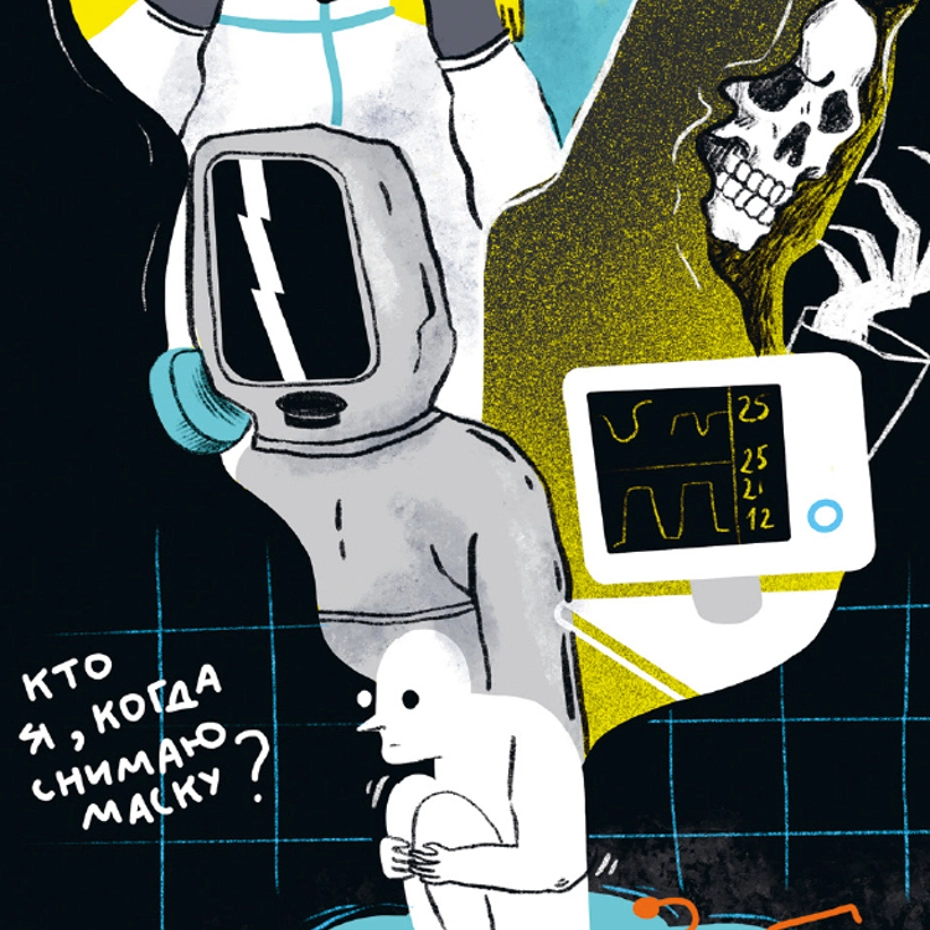
Текст
All the more vexing it is to hear COVID-dissidents raise their voice in Armenia. Our healthcare minister is a very sensible man, but every time he posts something on his Facebook page, comments about COVID-19 being a global fake are sure to appear. Those couch experts believe neither in us, nor in our work and the reality of infected patients. One day I, feeling sick at heart, suggested that one of those commentators should visit my department unmasked, but, of course, he did not.
For many of us, nothing much has changed. My wife is about to graduate from a medical school. She is always on standby with me and, our shift over, we go home together. We're not doing anything that we wouldn't have been doing before the crisis. The only difference is that now we have to wear protective gear. In the meantime, many colleagues of ours are provided with excellent hotel accommodation, meals, and special bus transportation.
They say, when hot weather sets in, the pandemic will downtrend, of which I'm not so sure. In hot countries, such as Egypt and Sri Lanka, the air temperatures are high, but COVID-19 is still in full swing there. My hopes are for immunization and a vaccine. For the time being, we must be as cautious as possible, and take care of each other. I am so happy to observe both the natural environment and human relations improving in Armenia. This makes me believe the post-pandemic world will be a better place. We, medical workers, do not expect any extra standing ovations as we've been saving lives ever since we took the oath of Hippocrates. All we want is our ex-patients feeling well so that we'll never see them as our patients again. Today, I say to the medics of the whole world: you hang in there, Brothers & Sisters-In-Arms!
